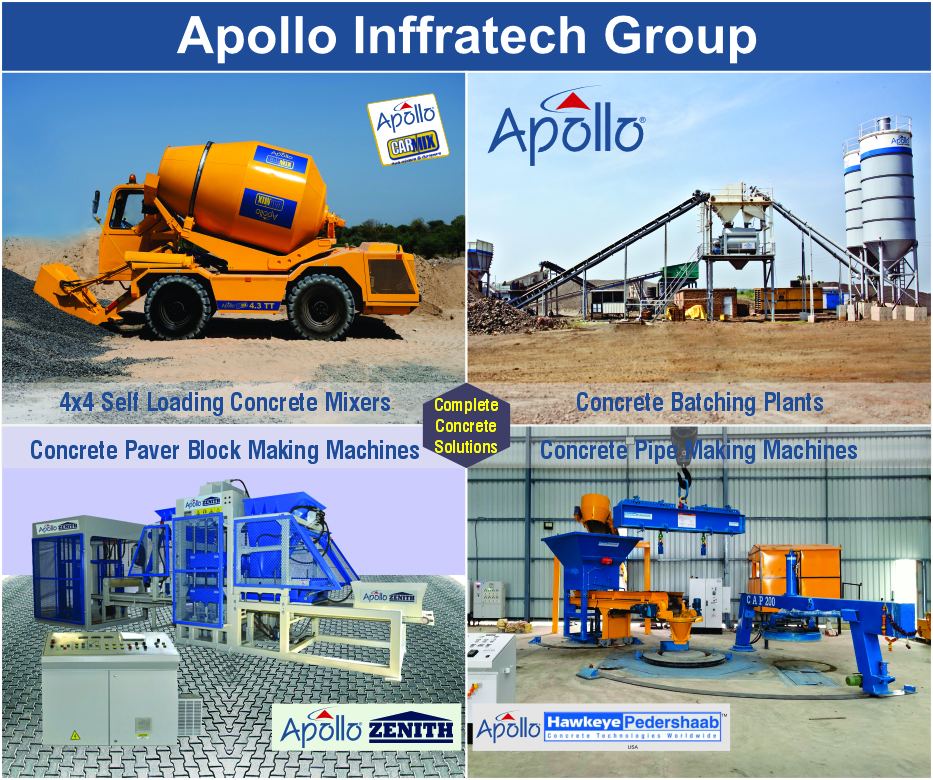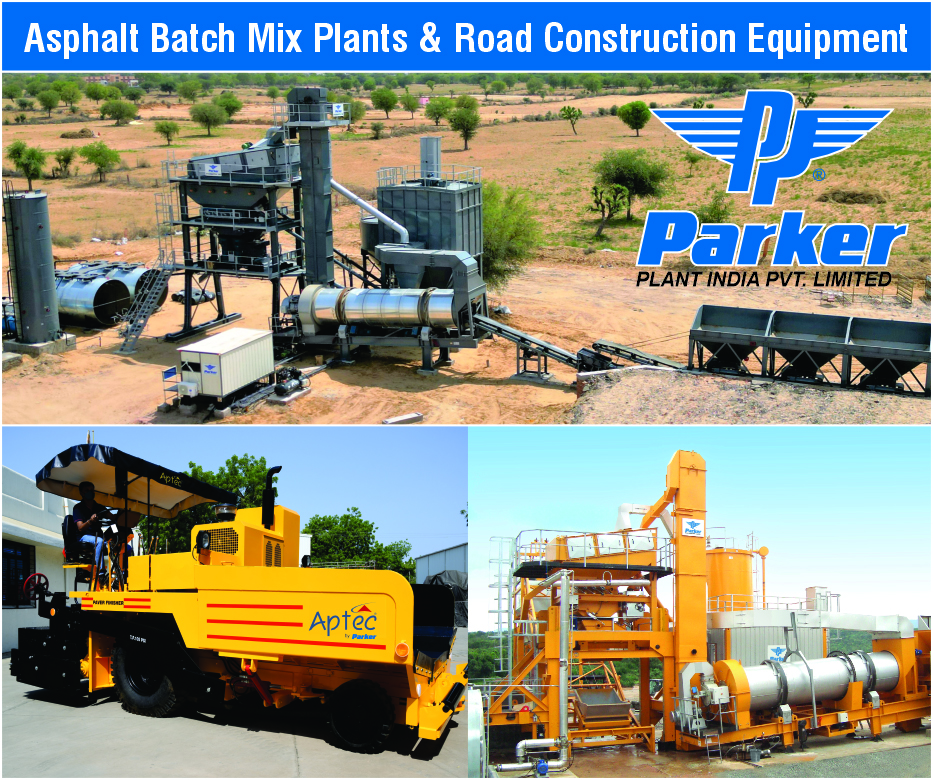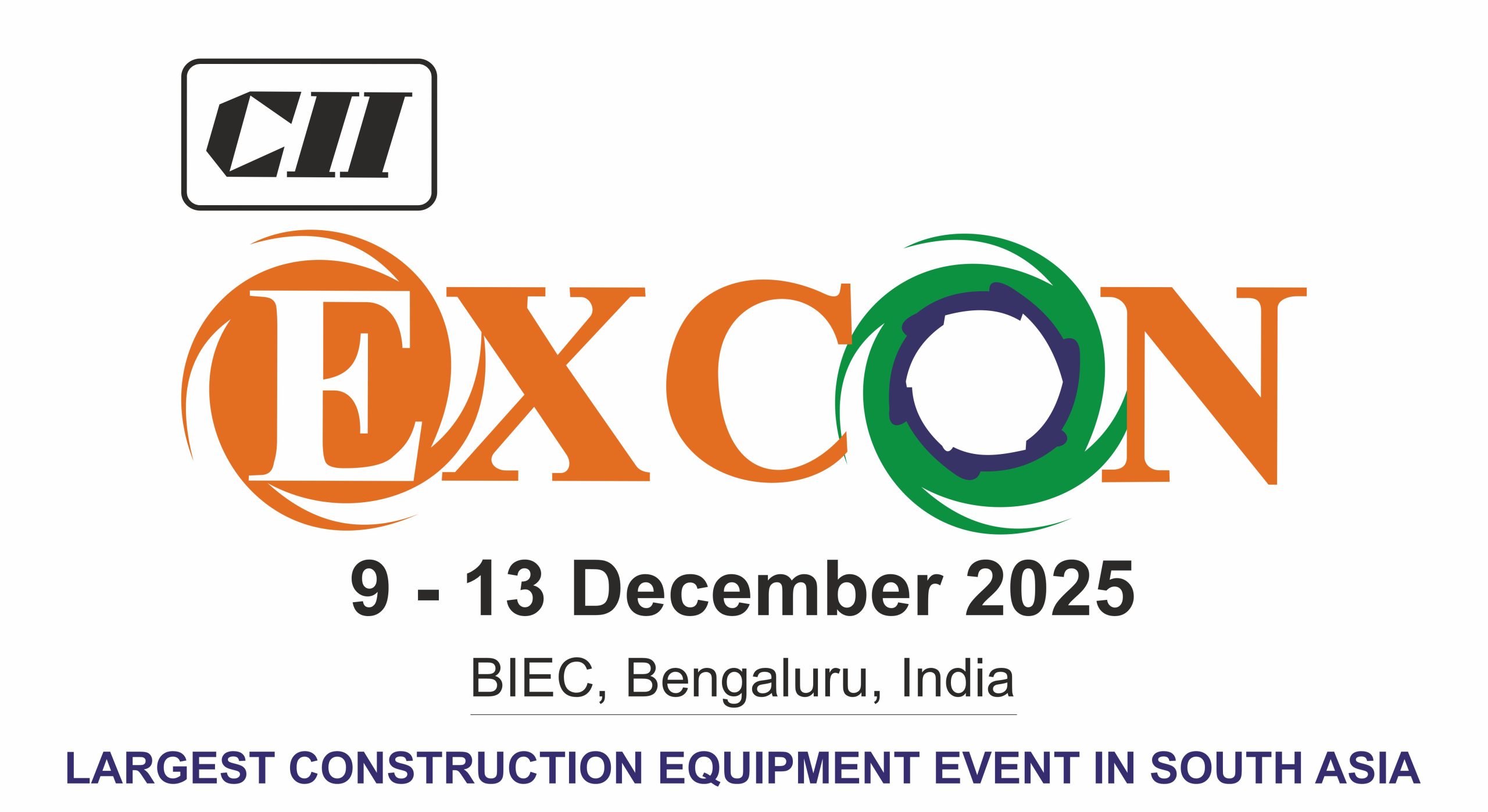Indian automakers are revving up the development of flex‑fuel vehicles in anticipation of revamped Corporate Average Fuel Efficiency (CAFE 3) norms, which are slated to go into effect in April 2027. Unlike previous regulations that favored electric vehicles, the new CAFE 3 framework promises equal incentives for vehicles capable of running on ethanol–petrol blends, ranging from E20 to E100.
At the Bharat Mobility Show 2025, major players including Maruti Suzuki, Hyundai, Tata Motors, Mahindra & Mahindra and Toyota Kirloskar Motors showcased prototype models, such as the Brezza, Hycross, Creta, Punch and XUV 3XO, that can operate on up to 85–100% ethanol. Ethanol is more affordable than pure petrol but compromises mileage by roughly 30%. Toyota plans to address this drawback by integrating strong-hybrid technology, which can boost fuel efficiency by 40–50%, making flex‑fuel hybrids a potent, low-carbon alternative.
Maruti Suzuki’s 2030 roadmap envisions 25% of its vehicles being compatible with E20, while another 25% will be hybrid-electric models. This strategic pivot aligns manufacturers with evolving policy and regulatory incentives.
Automakers Gear Up for Flex‑Fuel Era as New CAFE 3 Norms Loom
Date:








